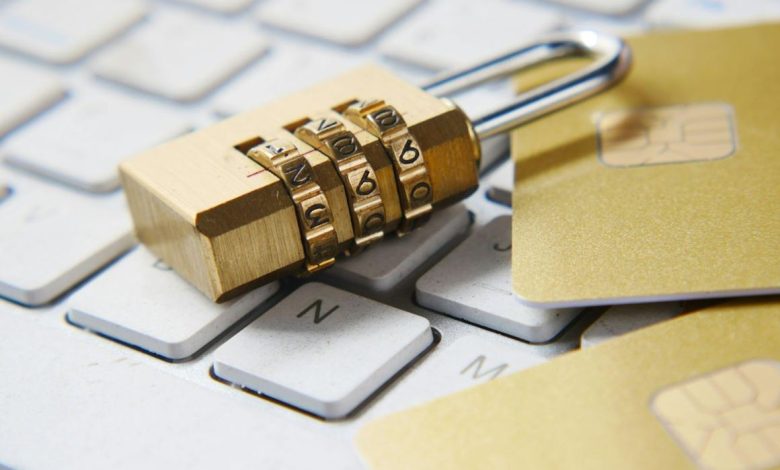InboxArmy Outlines Survival Plan After 16B Password Dump
Solid Non-Negotiable Strategies That Can Significantly Boost Your Data, Lowering the Chances of Any Compromises

InboxArmy has taken notice of the recent massive password dump, and now it wants everyone to take a proactive approach to counter its potential impact.
Imagine a locksmith who spent a decade pocketing spare keys from every break-in, welded them onto a single ring, and quietly put the bundle up for sale. That is what security researchers recently uncovered: a 16-billion-password dump, compiled from numerous misconfigured databases of stealer-malware logs, some overlapping with earlier giants like RockYou2024 and the Mother of All Breaches, but with enough fresh credentials to keep attackers busy.
A Monster Made of Yesterday’s Leaks
Criminals did not hack a new fortress; they simply combined the ruins of old ones.
- 16 billion credentials now circulate in one compilation.
- RockYou2024: Close to 10 billion unique passwords, posted 4 July 2024.
- MOAB: 26 billion records from 3,876 breaches, exposed Jan 2024.
That is enough stolen data to give every person on Earth two compromised accounts, and every botnet an endless supply of log-ins.
Why Old Leaks Still Crack New Doors
Attackers use automation to spray those combos across banking sites, email portals, even smart-home dashboards.
- 88% of web-application breaches in Verizon’s 2025 DBIR involved stolen credentials
- A working corporate session sells for about USD $10 on crime forums.
- During attack spikes, over 80% of all log-in traffic on large SaaS platforms is automated credential testing.
- Only 0.1% of attempted combos need to work for criminals to succeed, and bots fire millions per minute.
Even a tiny hit rate translates into thousands of live accounts, no firewall required.
The Growing Price Tag
Stolen passwords drain balance sheets long after headlines fade.
- USD $4.88 million, the average global breach cost in 2024, is a record high.
- Breaches that start with stolen passwords take 292 days on average to detect and contain.
As InboxArmy emphasised, the longer crooks stay undetected, the more data they siphon, and the bigger the legal, reputational, and recovery bills.
Password Reuse: The Habit That Won’t Die
The super-dump, according to InboxArmy, works only because people repeat old secrets on new sites.
- 60% of adults reuse passwords; 13% admit to using the same one everywhere.
- 72% of Gen Z recycle passwords, and 59% reuse an old password after a breach notice.
Each reused password is another skeleton key waiting for a bot to find the right door.
Regulators Are Shortening the Fuse
Governments cannot outlaw bad passwords, but they can force faster truth-telling.
- S. SEC rule: Public companies must file an 8-K on “material” cyber-incidents within four business days.
- EU NIS2: Essential entities must issue an early warning within 24 hours of a significant incident.
Quicker disclosure narrows attackers’ window to profit, yet recycled credentials remain valid long after any press release.
InboxArmy Provides Non-Negotiable Strategies to Protect Your Passwords and Data
Cybersecurity specialists at InboxArmy have compiled a list of solid non-negotiable strategies that can significantly boost your data, lowering the chances of any compromises.
- Turn on strong two-step sign-in. A second check, phone prompt, or USB key, blocks almost every password-only hack. 83% IT leaders at small and mid-size firms now require MFA for staff log-ins.
- Switch to passkeys whenever you can. Passkeys live on your device; there is no password to steal. A May 2025 FIDO survey shows 74% of consumers know about passkeys, and 69 % already use at least one.
- Let a password manager do the work. Random 16-character passwords are painless when software remembers them. Most reuse happens simply because people have to remember.
- Lock down the inbox that unlocks everything. 11% of Americans have had an email or social account hijacked. Turn on unusual-sign-in alerts, add backup codes, and sign out stray sessions; if crooks can’t crack your email, they can’t reset the rest of your accounts.
Bottom Line
Breaches do not vanish; they calcify into downloadable lists that criminals re-weaponise year after year. Until we stop recycling passwords and start embracing passkeys plus strong two-step checks, the same old leaks will keep opening brand-new doors.




